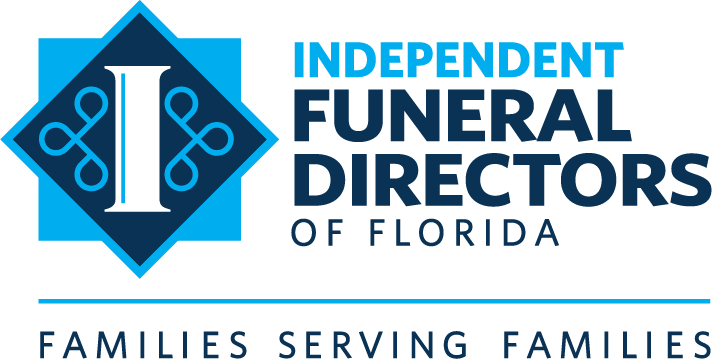Welton's Wisdom - AI Tools in Your Arsenal
Note: This is the sixth and final installment of a six-part series by Welton Hong, the founder and CEO of Ring Ring Marketing, about using artificial intelligence (AI) in funeral services.
Throughout this article series, we’ve explored many ways artificial intelligence (AI) will play a role in the future of deathcare—from personalizing funeral services to enhancing preplanning to even cybersecurity. When used responsibly with ethics and transparency, AI could truly become a helpful tool for funeral directors and the families they serve.
While it can’t replace the human touch that makes funeral service so meaningful, it can certainly make marketing more efficient and effective. That said, AI isn’t a one-size-fits-all solution. The key is to choose the right AI-powered tools for the areas where you need the most help. So let’s explore some of the ways AI can amplify your funeral home’s visibility.
I’ll start with content creation. Between your website, social media and offline marketing materials, you could probably use some assistance. For the record, ChatGPT isn’t the only game in town. Tools like Jasper AI and Writesonic—which are specifically designed for marketing—can crank out blog posts, obituaries and social media content that strike the appropriate tone. Even video tools like Synthesia can turn scripts into heartfelt visual messages without a camera crew.
Let’s be honest, social media is often an afterthought for many funeral homes. But while it might not be the first thing people think of when it comes to funeral services, it’s a crucial tool for building trust and awareness. AI tools like Hootsuite and Buffer can make the process less painful by scheduling posts, tracking engagement and even suggesting the best times to reach your audience. Plus, sentiment analysis ensures you’re posting content that resonates in the right way.
And don’t forget about data; marketing is nothing without it. AI-powered analytics tools like Google Analytics 4 and HubSpot AI crunch numbers like accountants. They track website visits, ad performance and customer interactions to help refine marketing strategies. The result? Less guesswork, better targeting and a bigger return on investment.
Beyond marketing, AI can also help with administrative tasks, freeing up time for you to focus on providing compassionate care. AI-driven scheduling tools can manage appointments, automate reminders and coordinate with vendors more efficiently. Tools like chatbots and virtual assistants can handle
routine inquiries, such as service details and pricing, ensuring families get timely responses. While you might be hesitant to use AI with anything directly involving the families, it could actually increase the chances of you meeting a family face to face by turning a website visit into an appointment.
The best part about using any of these tools is that AI can even predict trends, meaning you’re always a step ahead rather than playing catch-up. AI isn’t just about automation; it’s about making digital marketing smarter, more efficient and, most importantly, freeing up your time to make everything else more human.
